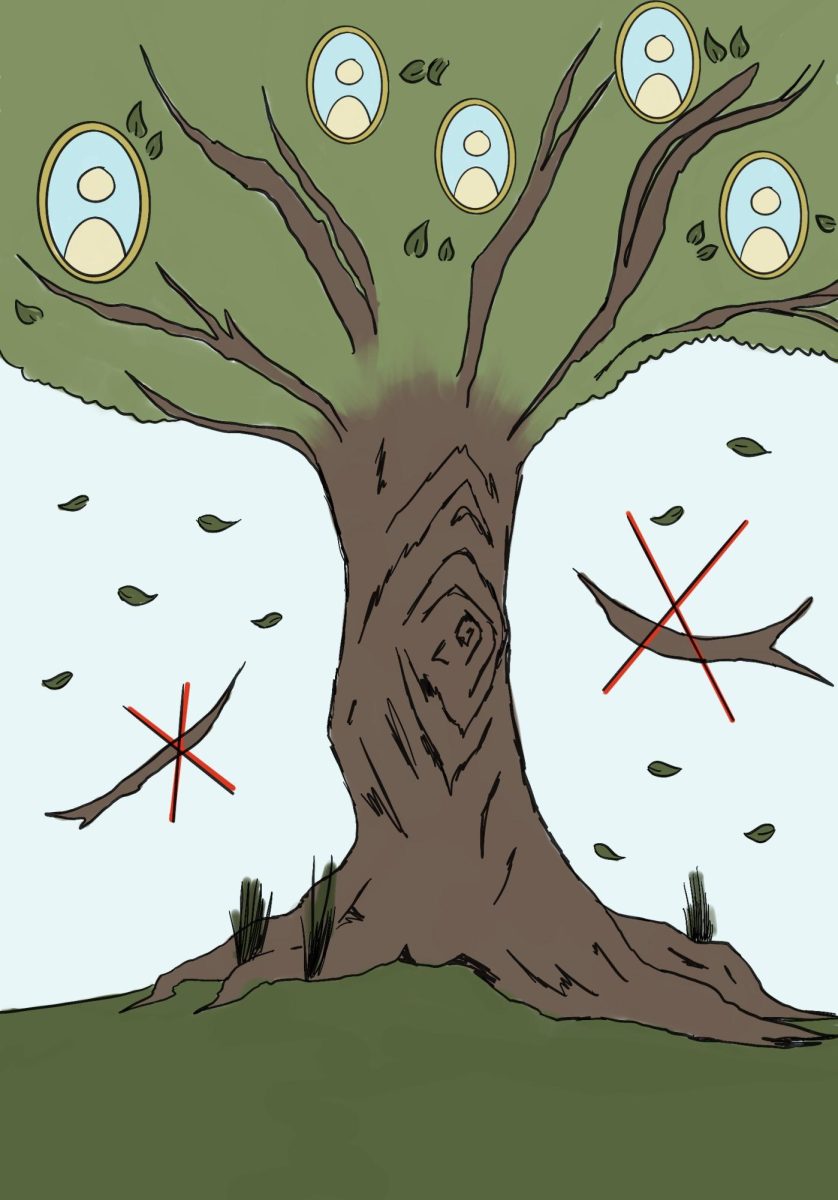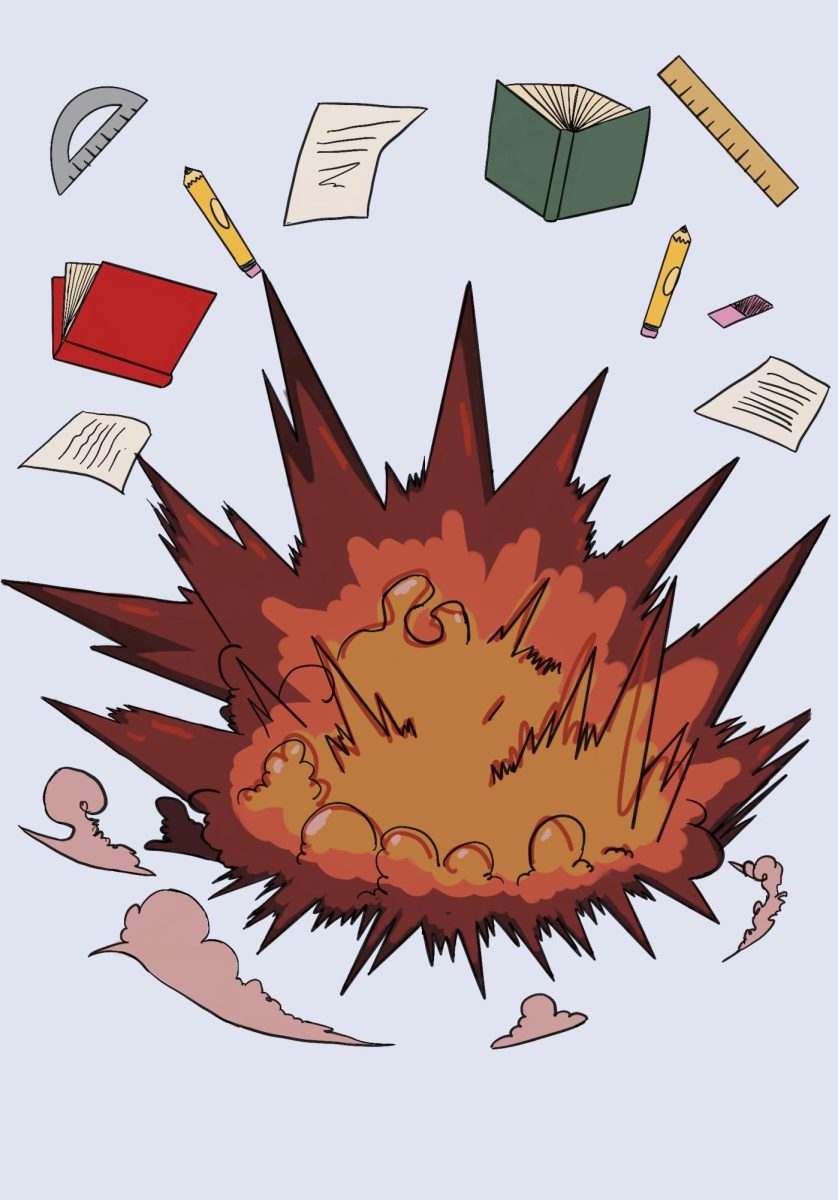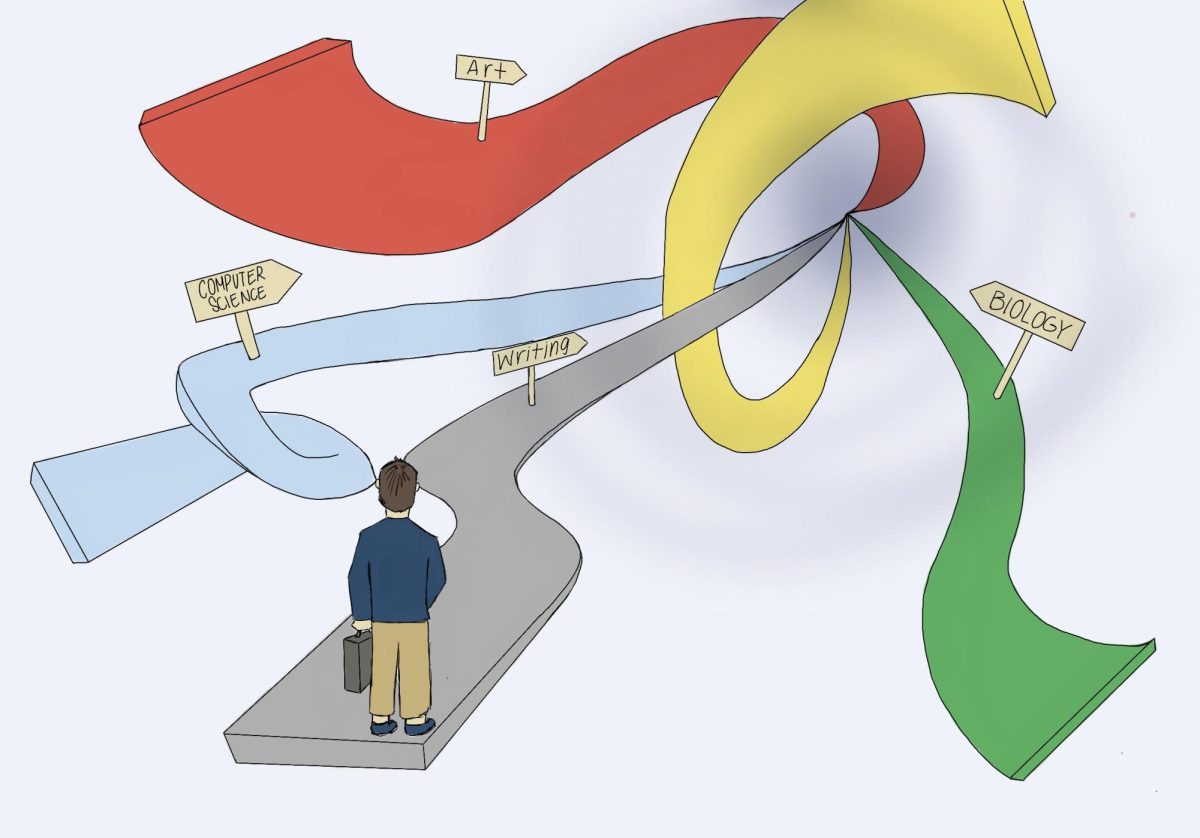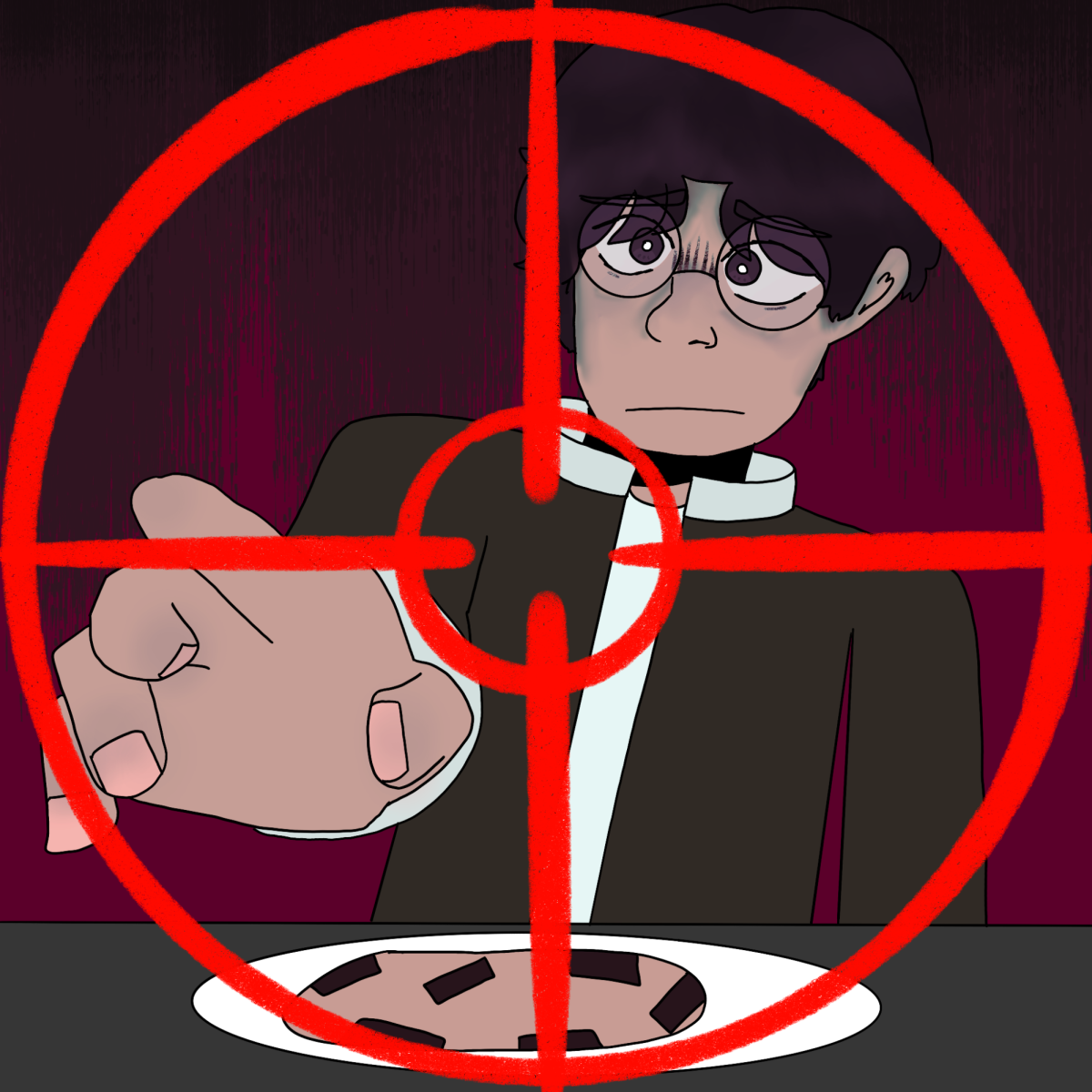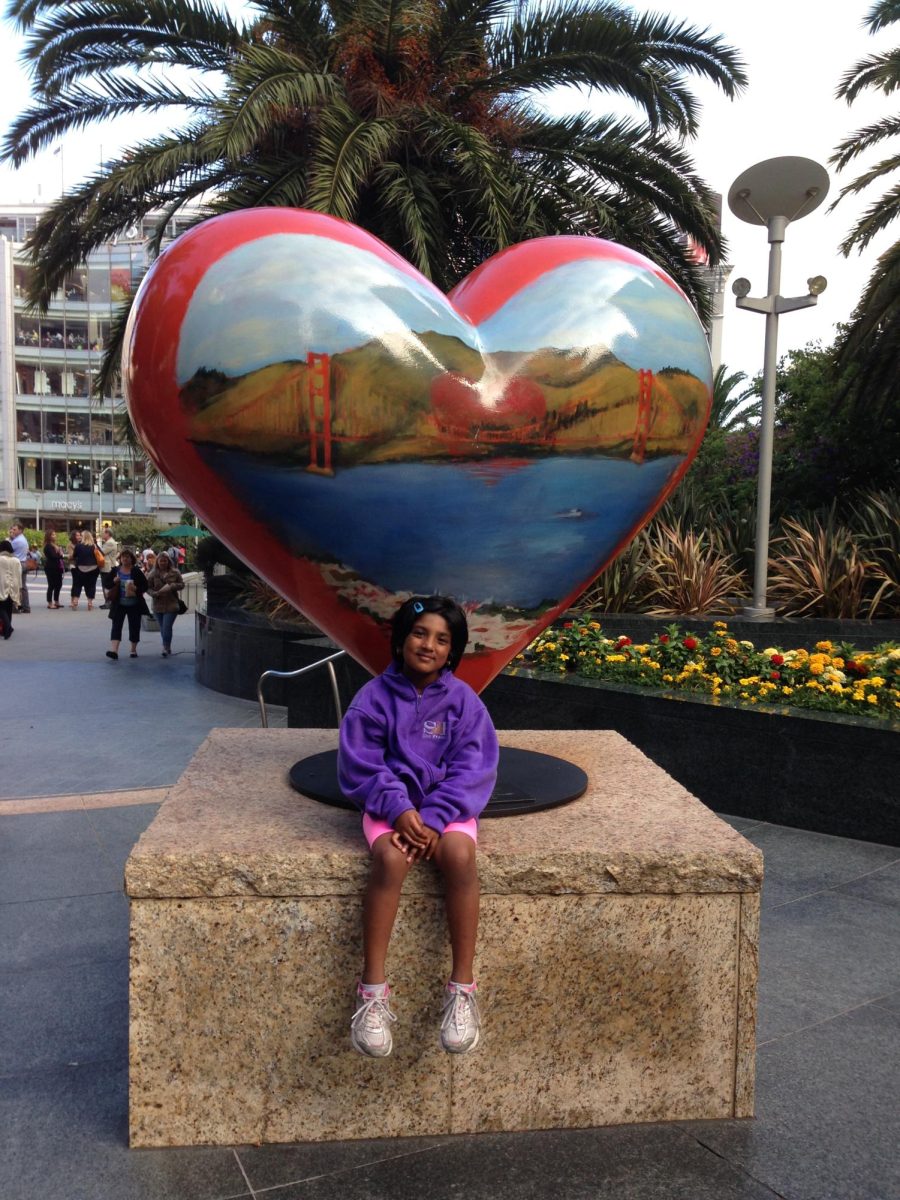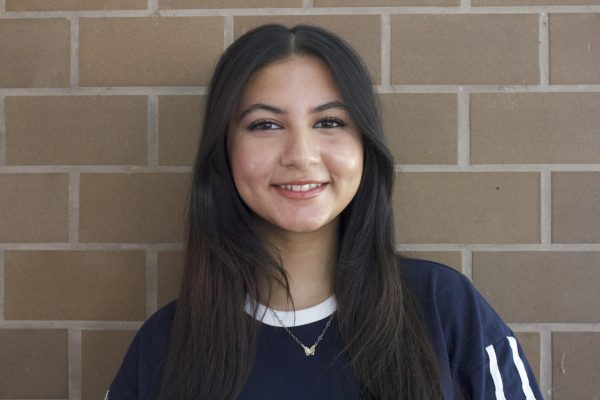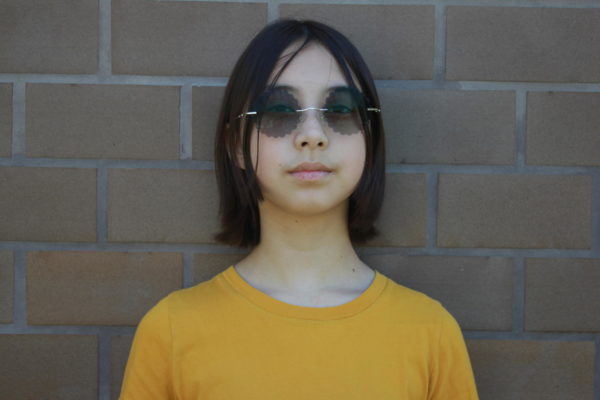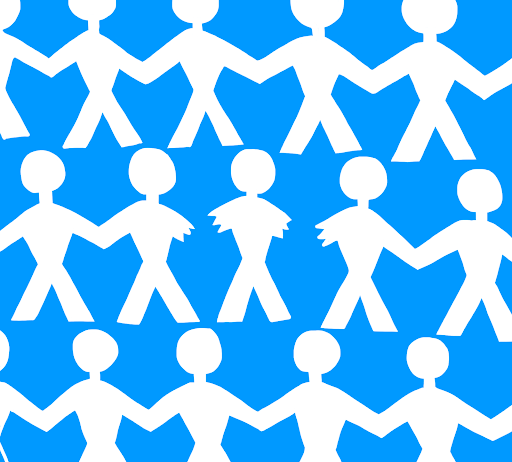
Over the past two-and-a-half years in high school, I have lost three best friends, had more friend groups than I can count on my two hands, had a very on-and-off relationship with my ex and a severe split in my family.
Failed relationships are a common thing — much more common than it should be. One day we’re talking to each other, and the next not even a look. The problem isn’t just in the fact that relationships are failing, but also how fast it happens. Parents teach us not to keep flipping a light switch because it could potentially damage the bulb — the very core of the thing illuminating our rooms. So why are we so comfortable switching the relationship switch on and off — risking damage to our friendships, romances and everyone else?
Over the years, many Americans have begun engaging in situation ships — doing relationship-like things without the commitment of a real relationship. Between the ages of 18-25, a large majority of singles accept situationships as a valid relationship status, but ignore the lack of intimacy and sincerity in it. Because we are so caught up in the talking stage – a spectrum of ghosting to snapping – and meeting up we forget that a relationship isn’t built on trivial things.
Failed relationships aren’t just restricted to romance, they also affect friendships. I’ve gone through many friend groups throughout my three years in high school, all falling out for a silly reason. The blame finger gets thrown around until there is just beef in between. The truth is that a relationship is lost when there is no real foundation to it. It’s like if the circuitry of a lightbulb fails, and we think the switch isn’t working.
This idea that stupid things cause our relationships to fail should scare us. But it doesn’t. We live in a world where we are perfectly fine with ghosting each other over one wrong word. In reality, most things are truly not that deep. The problem is that we all have such big egos that we cannot take criticism without getting offended. And the constant reassurance of seeing others condone our actions on social media convinces us that we are good people, even when we aren’t doing good thing.
The summer after freshman year, my two best friends fell out over something that seemed important at the time but can’t even be remembered now. I was in the middle of it and stress was a constant. It left me unfocused and unable to enjoy most things because drama was the only thing on my mind. Plot twist! Now they both dislike me and are friends with each other. Give it a year; maybe we will all be standing at graduation together, as best of friends again. As I said, the on-and-off switch is always being flipped.
Although this falling out caused me a lot of stress, I got used to it and right now I am a victim of not caring when I lose a relationship. A fight with my mom won’t have me fazed, passing by someone in silence won’t make me sad. I’m not on an emotional roller coaster anymore. There is a perfect balance between caring too much and not at all. Should we lose our minds over a single bump? No, but should it not hurt either? No. I would rather be on an emotional roller coaster with everyone than stand on the platform alone, detached from everybody. One by one, if we lose relationships, outlived by superficial things like jealousy, anger and misunderstandings, we can’t be human anymore.
Being independent doesn’t mean we have a safety net to slowly cross off all the people in our lives. We need to hold on to people — the good ones that illuminate our lives — and keep them close

